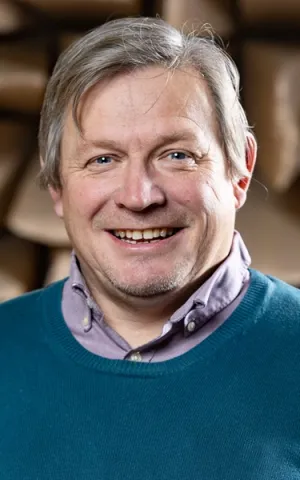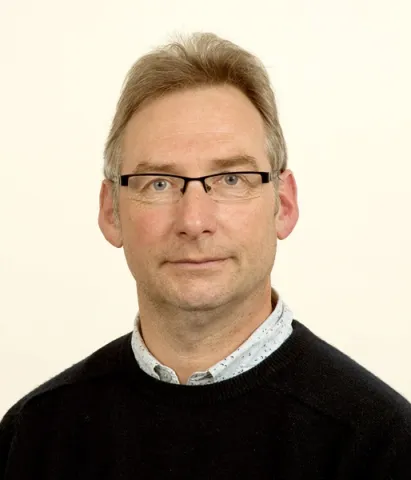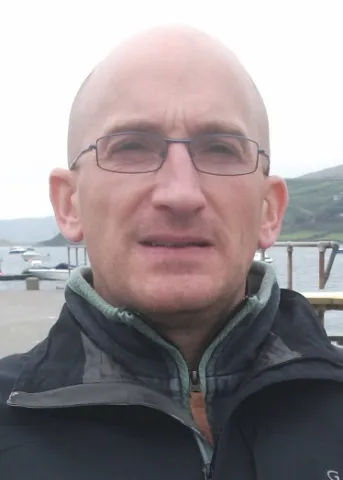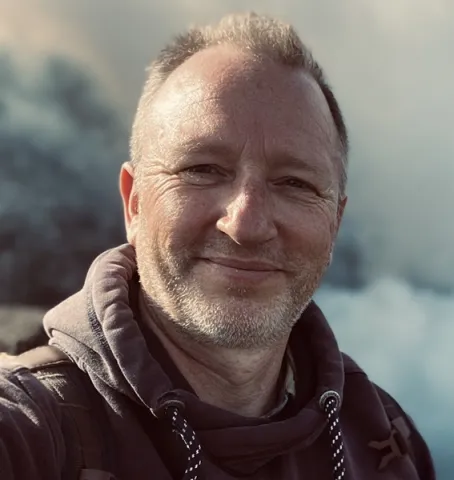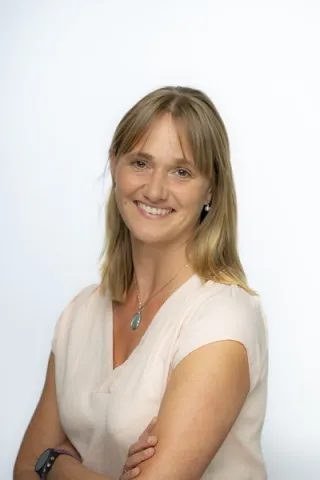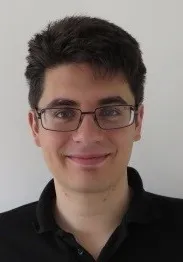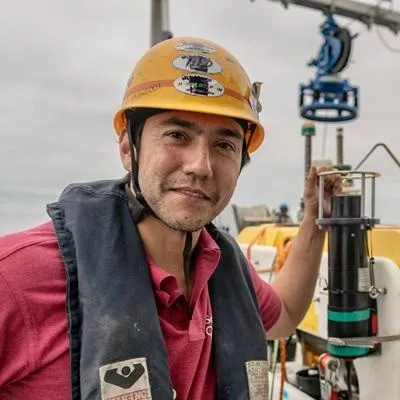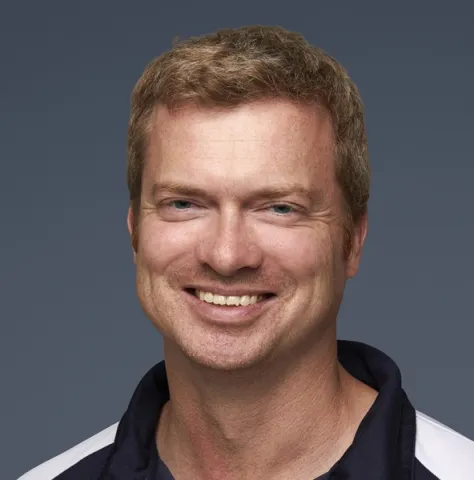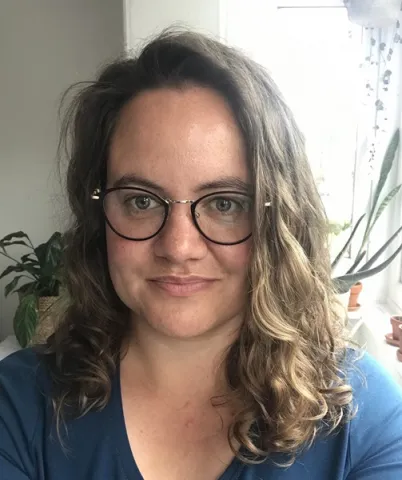Project overview
Dates: 01/04/2023 - 31/03/2027
BOWIE is a 4 year multi-institutional research project funded by the Natural Environment Research Council, led by the University of Southampton with partners the University of Hull, the University of East Anglia, Cefasand the National Oceanography Centre. BOWIE is one of 4 projects funded through the ECOWind Programme.


The ECOWind Programme brings together experts from science, policy and industry to understand how offshore wind affects ecosystems, and the species and habitats that make them, in order to reduce negative impacts on marine life while tackling climate change. The four projects explore the effects of offshore wind on different aspects of the marine environment, covering elements of the ecosystem such as fish, marine mammals, seabirds, and life on the seabed.
ECOWind has three core objectives:
- To understand how interactions between species are affected by offshore wind, and what this means for populations
- To enhance marine observations through innovative technology to inform understanding of the effects of offshore wind on marine life
- To use the knowledge gained from these first two objectives to inform marine policy and management, including net gain and marine environmental restoration.
BOWIE will deliver outputs to inform robust approaches to marine environmental recovery, biodiversity and net environmental gain targets. Through working closely with key industry and government stakeholders the project will facilitate informed decision making relating to the expansion of offshore wind by providing a detailed understanding of seabed habitats and species and their interactions with the wider marine ecosystem and quantifying impacts of offshore wind development and other anthropogenic activity on seabed habitats and species within the context of climate change.
Principal Investigator:
Professor Martin Solan (University of Southampton)
Module 1 leads:
Professor Susan Gourvenec (University of Southampton)
Professor Blair Thornton (University of Southampton)
Module 2 leads:
Professor Jasmin Godbold (University of Southampton)
Professor Krysia Mazik (University of Hull)
Module 3 leads:
Dr Clement Garcia (Centre for Environment Fisheries and Aquaculture Science (Cefas))
Dr James Strong (National Oceanography Centre)
Module 4 leads:
Professor Martin Solan (University of Southampton)
Professor Susan Gourvenec (University of Southampton)
Dr Clement Garcia (Cefas)
Dr James Strong (National Oceanography Centre)
Professor Kerry Turner (University of East Anglia)
More information:
